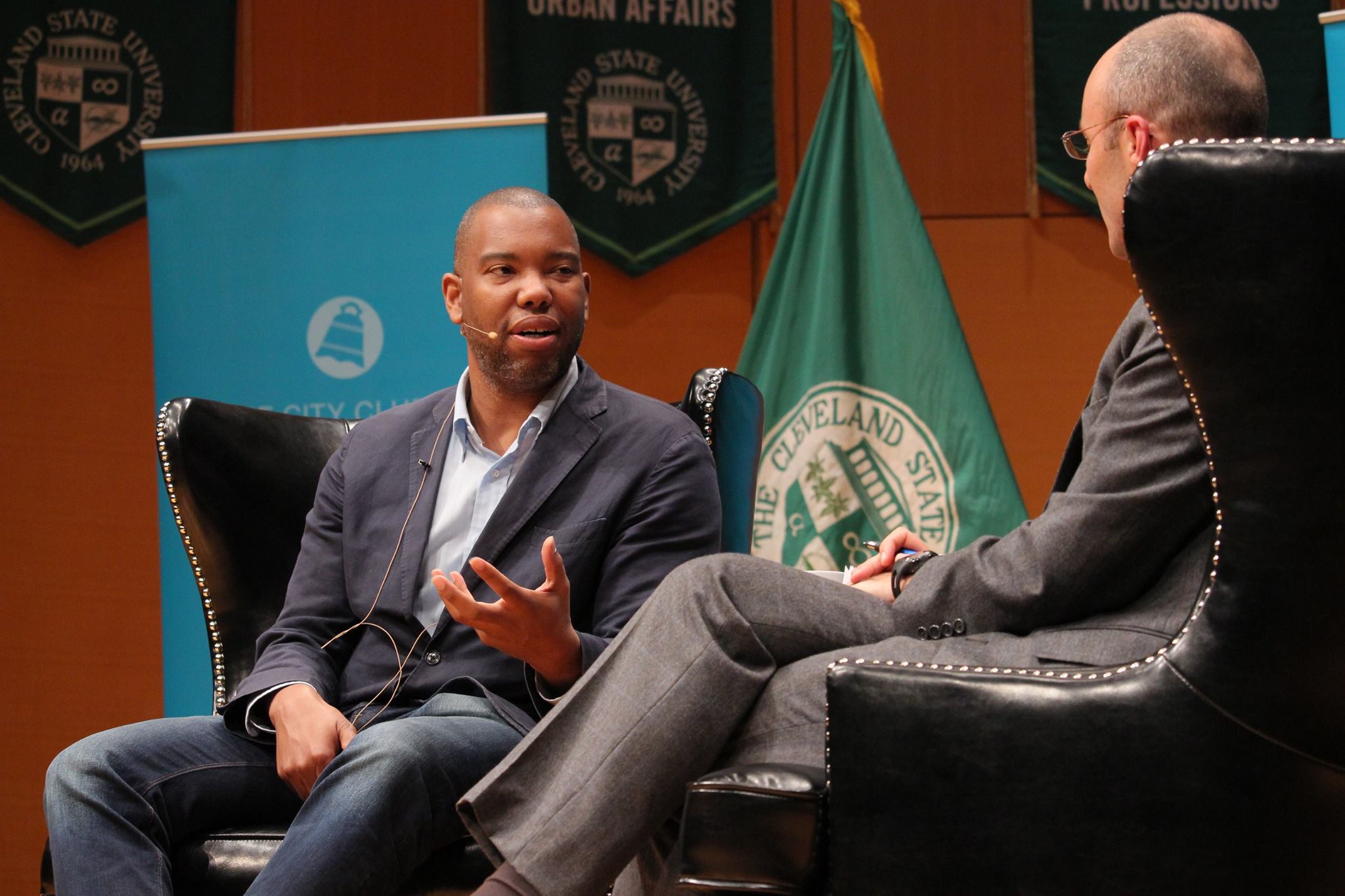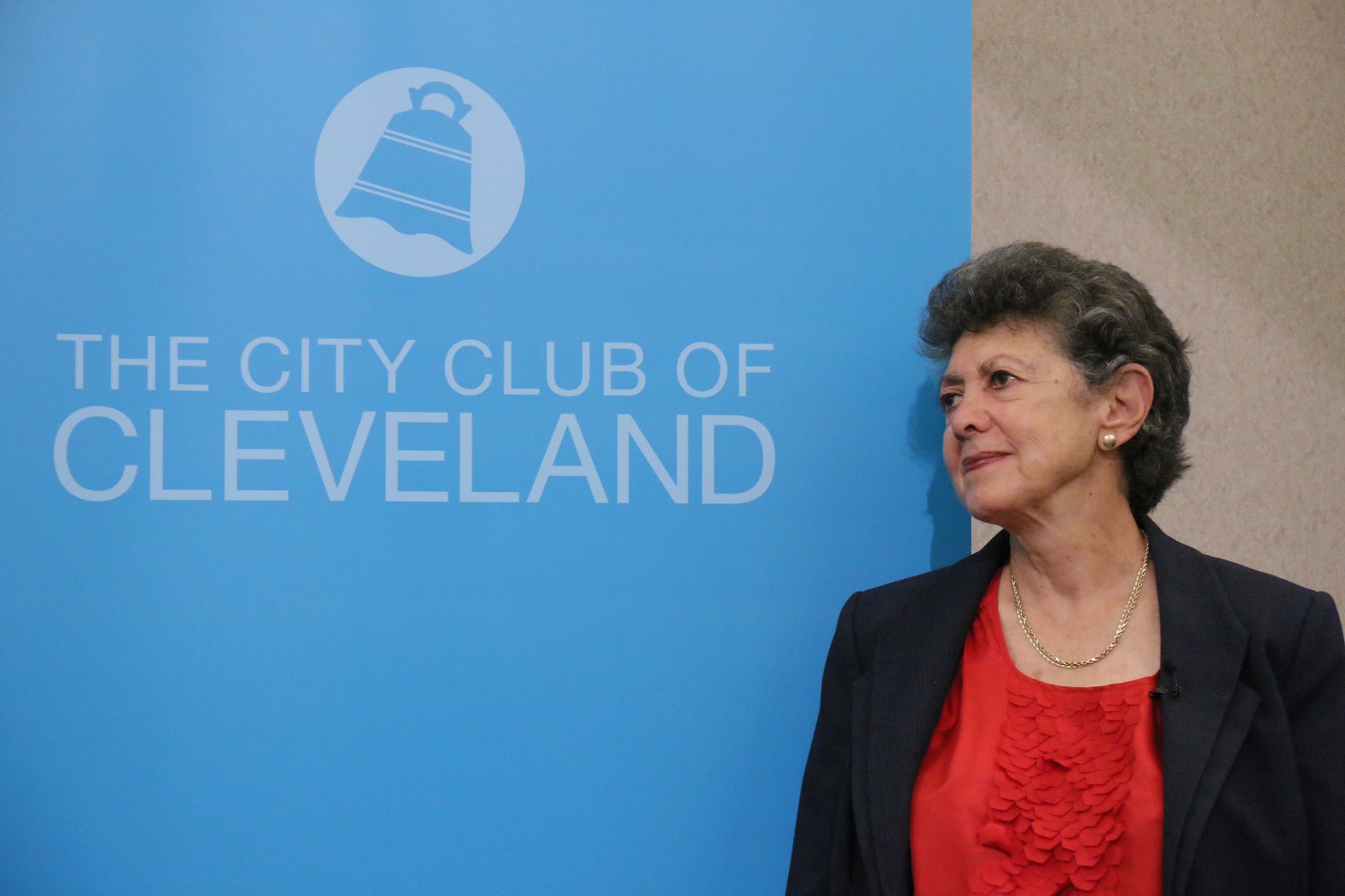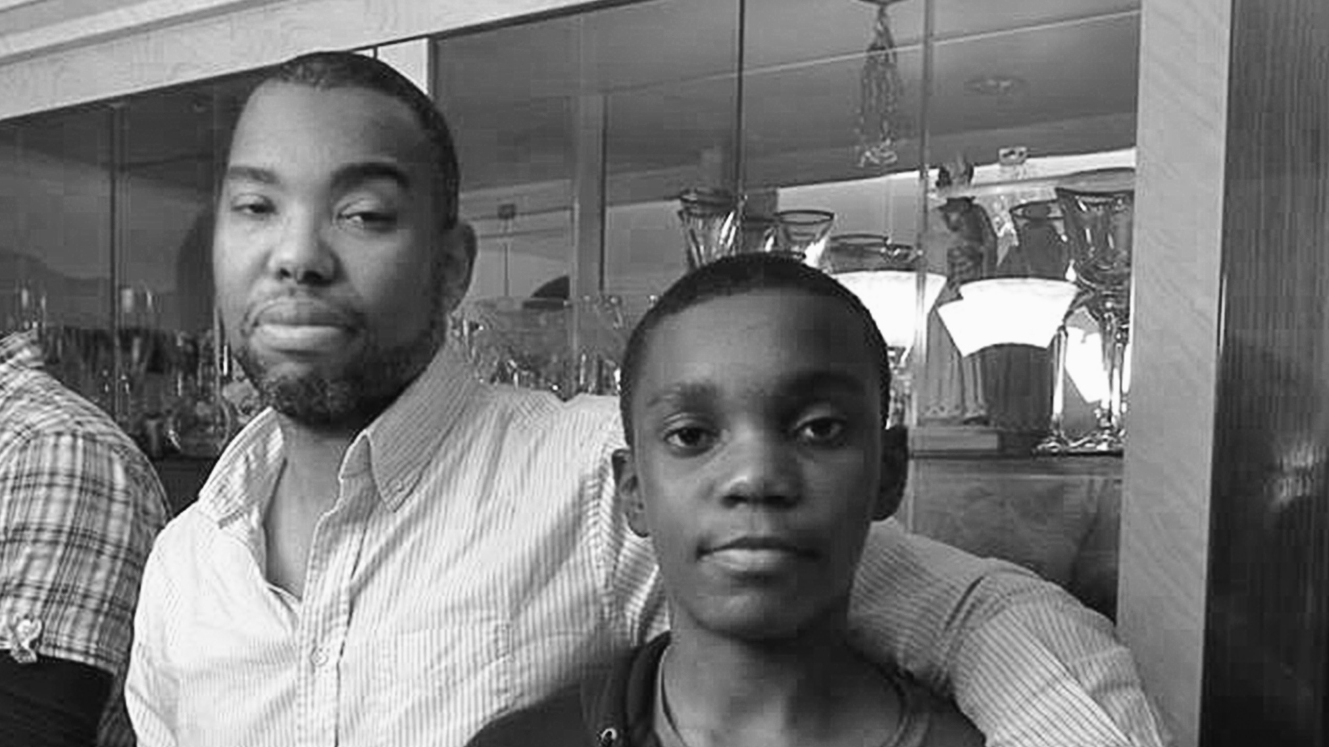Journalist Ta-Nehisi Coates is very clear on his role: Dig for the truth and get out of the way. “If you are going to be a writer you have to write into the wind. You have to say, ‘I’m prepared to do this and give my all, even if only 20 people read the book.'”
Many thousands have embraced Coates’ Between the World and Me, which caught fire immediately upon its July release and topped the New York Times bestseller list. It is a National Book Award finalist and earned a jacket blurb from Toni Morrison, who crowned Coates the successor to James Baldwin. “I’ve been writing for 20 years—all of this is recent,” he said. “I liked what I was doing before this happened and I’ll like what I’m doing when this goes away.”
Sitting across from City Club of Cleveland CEO Dan Moulthrop, Coates said he works hard not to be distracted. His focus is “to map out and discover” the cumulative narrative of racism: Why have we not grappled with 350 years of government-sanctioned plunder of black communities?
The 40-year-old Baltimore-born writer took inspiration from James Baldwin’s short 1963 book, The Fire Next Time and wanted Between the World and Me to deliver that same punch—inquisitive, lyrical and haunting, all in a quick 150 pages.
His goal with Between the World and Me, he told the audience gathered at Cleveland State University, was not to “speak for all black people” but instead to “speak to something in all Black people.”
He described this book as “a work of art,” and also something of a mess—free-flowing and unbound, a departure from his reportage for The Atlantic. His latest cover story, “The Black Family in the Age of Mass Incarceration,” adds to the scholarship produced by Michelle Alexander, author of The New Jim Crow, and Bryan Stevenson, of Just Mercy. Reversing mass incarceration isn’t as simple as releasing non-violent drug offenders from prison, Coates maintains. “How do you design a legitimately fair system?…It’s very, very difficult to do it strictly from the perspective of carceral reform. It’s tied up in like five other systems.”
When asked what white people could do to eradicate white supremacy, the newly named MacArthur “genius” said that the burden of creating an equal society lies on the shoulders of those who maintain it. “The first step is to not ask black people what to do. You then are throwing it back on me to figure out a problem you caused. If I have my foot on someone’s neck and I say to you, how do I get my foot off your neck, well, you’re doing it.”
One woman asked Coates about his phrasing of race—”people who think they are white,” “people who think they are black.” He answered, “There’s no real consistent notion of race across time and geography,” mentioning Brazil’s racial constructs and the shifting classification of Italian immigrants over time. “Any definition of race always depends upon power.”
Watch the conversation in the video below:



